About the Population Scholars Program
The MPC Population Scholars Program is an intensive grant proposal writing program that runs from January 2022 through Fall 2022 NIH and NSF submission deadlines. This annual program trains a cohort of five scholars--both from the University of Minnesota and from the broader population studies research community--in grant proposal writing and introduces them to the grants process. Participants have opportunities to network with MPC leadership and their fellow scholars.
The overarching goal of the MPC Population Scholars Program is to develop and foster a vibrant nationwide community of diverse scholars doing critical population health research.
2022 Scholars
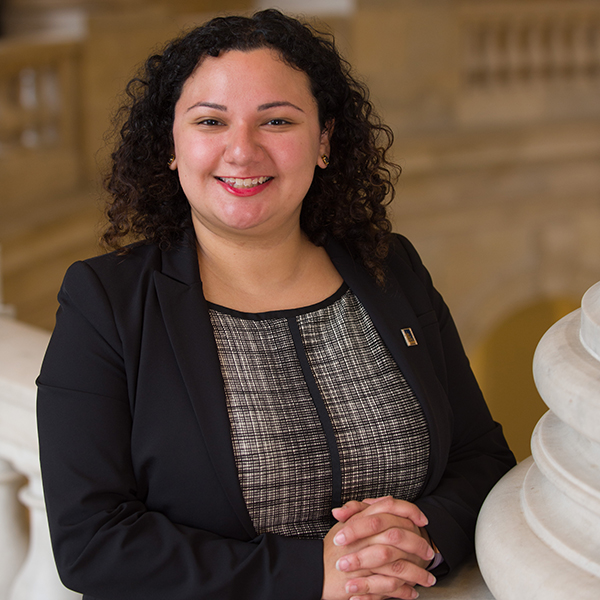
Marisol Becerra
Marisol Becerra is an environmental sociologist focused on the intersection of environmental health, race, and poverty. She is an incoming Assistant Professor in the Department of Public Administration in the College of Urban Planning and Public Affairs at the University of Illinois at Chicago.
Her research uses an environmental justice theoretical framework to understand the impact of brownfield redevelopment in U.S. urban neighborhoods. Currently, she is exploring the relationship between brownfield redevelopment and health outcomes in affected neighborhoods. Ultimately, her goal is to create public scholarship that advances public policy towards environmental and health equity.
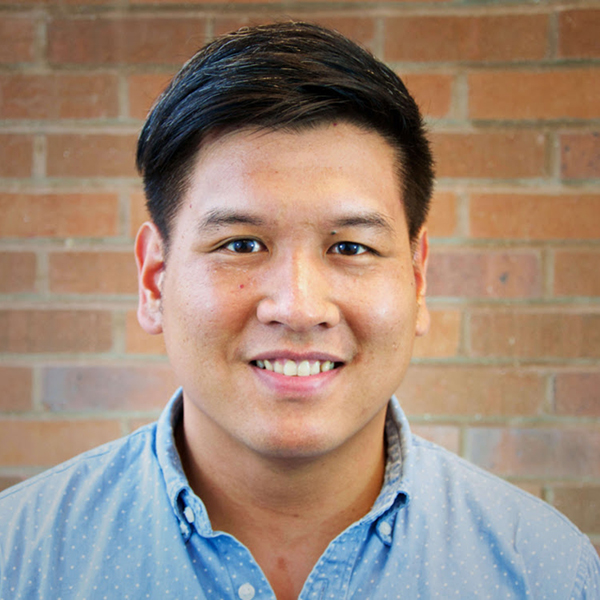
Tongtan "Bert" Chantarat
Tongtan “Bert” Chantarat is a postdoctoral fellow at the Center for Antiracism Research for Health Equity, University of Minnesota School of Public Health. He is a population health scientist who leverages theories and methods from medical sociology, epidemiology, and decision science to understand the mechanisms that produce and reinforce racial health inequities and how to disrupt them. His current research focuses on operationalizing and measuring structural racism and developing modeling approaches to evaluate the cost-effectiveness of seemingly non-health policies on population health. Bert is currently designing a community-led decision-analytic project to evaluate the cost-effectiveness of public safety strategies for Minneapolis. As an MPC population scholar, he hopes to craft and submit a DP5 proposal in September 2022 to support this work.
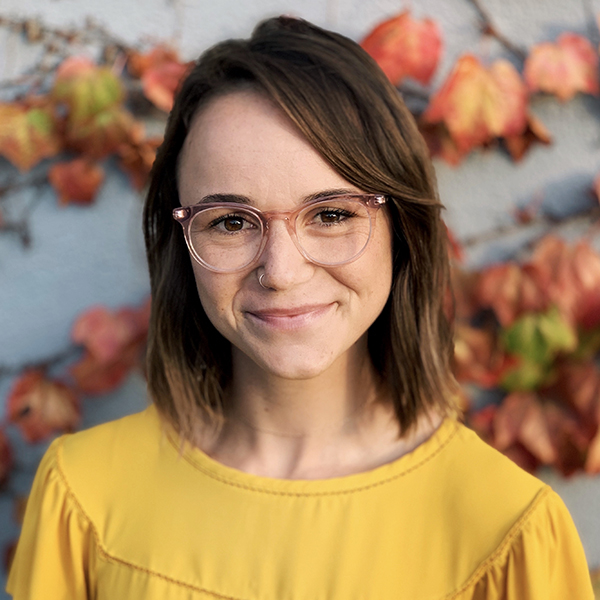
Samantha Gailey
Sam is a population health scholar who studies how neighborhood conditions shape racial and socioeconomic disparities in maternal and child health. Her research on place-based disparities follows two primary lines: (1) investigating features of neighborhoods (including the physical, social, and economic environment) that causally affect health, and (2) determining drivers of neighborhood stratification that contribute to spatial (and, therefore, health) inequities. As a postdoctoral fellow, she has also focused on biomarkers (e.g., cortisol) and behaviors (e.g., physical activity) that lie downstream of social and physical environments. Along these lines, as a member of the Population Scholars Program she is applying for a K99/R00 grant that aims to elucidate the mechanisms through which neighborhood-level exposures affect birth outcomes among Black and Latinx families in the Twin Cities.
Websites:
https://pop.umn.edu/people/samantha-gailey
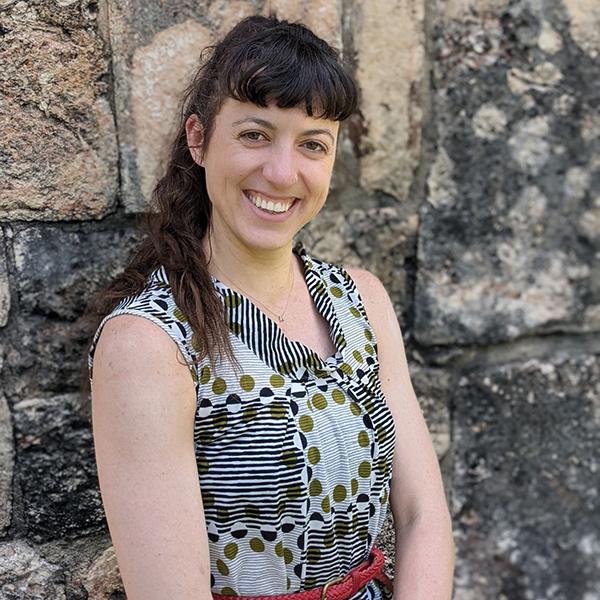
Maya Luetke
Maya Luetke is an early career social epidemiologist at the University of Minnesota. Her research is broadly focused on the intersection of economics, sexual health, and the prevention of gender-based violence in the United States and in low- and middle-income countries. Using her multidisciplinary training, she employs causal inference, spatial, and data science methods in her work and is interested in leveraging innovative data sources including remotely-sensed and passively-collected data. She is passionate about health equity and developing and testing public health interventions to minimize the effects of severe weather, natural disasters, and other complex humanitarian emergencies.
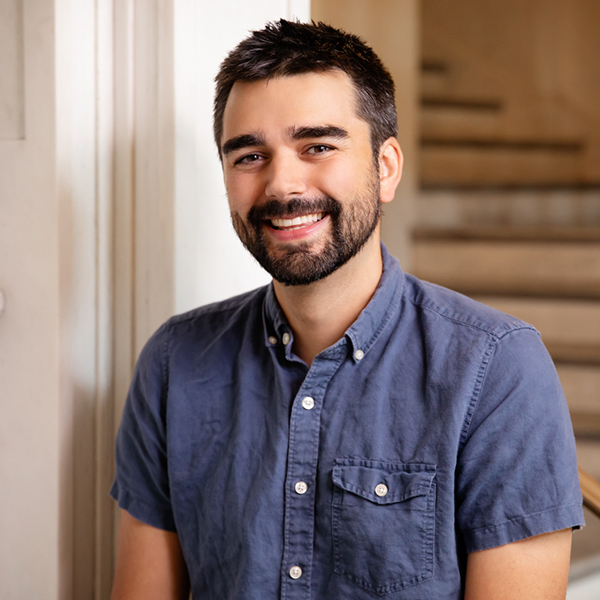
Tom VanHeuvelen
Tom VanHeuvelen is an Associate Professor in the department of sociology at the University of Minnesota. His research focuses on the causes and consequences of inequality. His recent research has examined labor market institutional change and spatial inequality. His work has appeared in the American Journal of Sociology, Social Forces, European Sociological Review, Social Science Research, and ILR Review. VanHeuvelen received his PhD in sociology from Indiana University, as well as a Masters in Applied Statistics from Indiana University.
Website: tomvanheuvelen.com

Deadric Williams
Deadric Williams is an assistant professor in sociology at the University of Tennessee, Knoxville. His research is organized around two general themes: (1) racism and families and (2) stress, couples’ relationships, and health. His research on racism and families uses Critical Race Theory as a theoretical perspective to challenge conventional sociological research on racial inequality among families. His second line of research examines stress and health as a longitudinal and dyadic process among couples. The project he will be working on for this program is structural racism and trajectories in racial disparities in maternal and child health.
https://deadricwilliams.wordpress.com
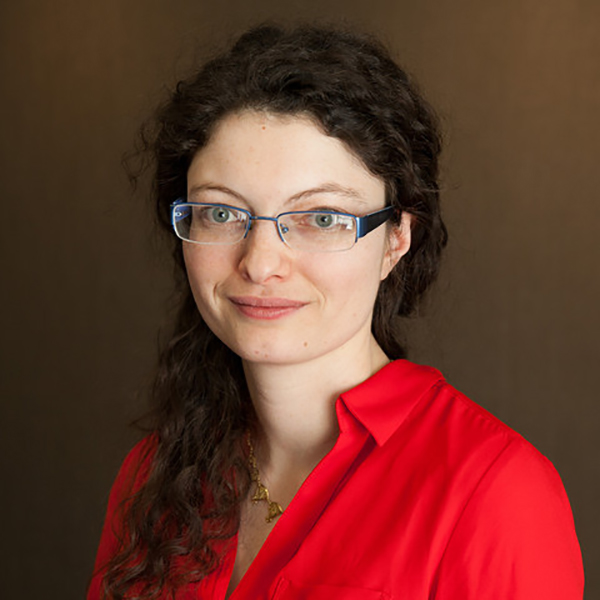
Elizabeth Wrigley-Field
Elizabeth Wrigley-Field is an Assistant Professor at the University of Minnesota in the Department of Sociology and the Minnesota Population Center. She specializes in racial inequality in mortality and historical infectious disease and co-leads (with J.P. Leider) an ongoing project on COVID-19 mortality in Minnesota. She is also a quantitative methodologist, developing models designed to clarify relationships between micro and macro perspectives on demographic relationships.
Americans live substantially longer than they did half a century ago. Yet these lifespan extensions have occurred alongside radical shifts in the organization of work, inside and outside the home. They have also occurred against a backdrop of intensifying economic inequality and highly mixed trends in racial disparities in economic outcomes, with inequality shrinking in some key outcomes and holding steady in others. What do these variegated trends mean in total for the racial patterning of a fundamental determinant of freedom: how much control individuals have over their time? Elizabeth proposes to construct an innovative measure of self-determined time (SDT), or time that can be used in relatively autonomous ways, and use it to analyze racial disparities in SDT over the life course in the United States.